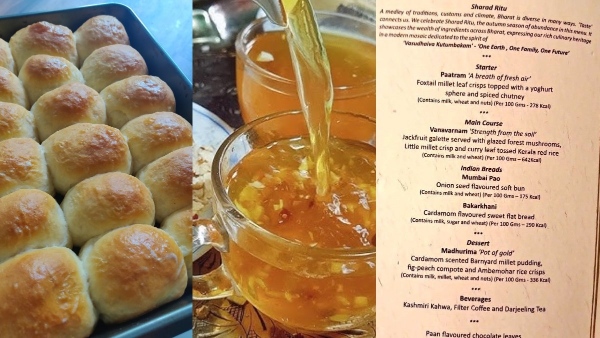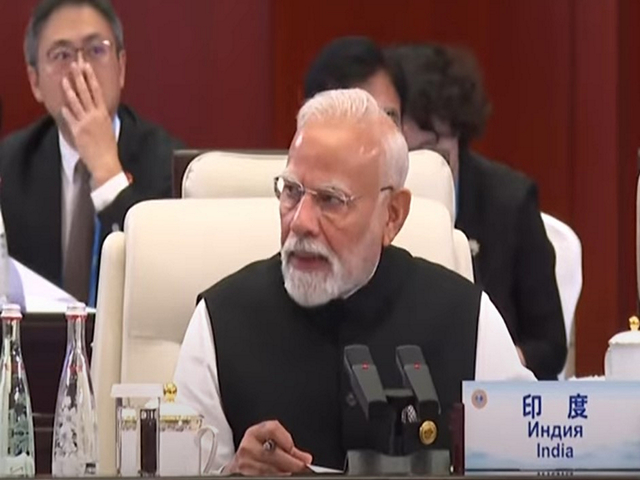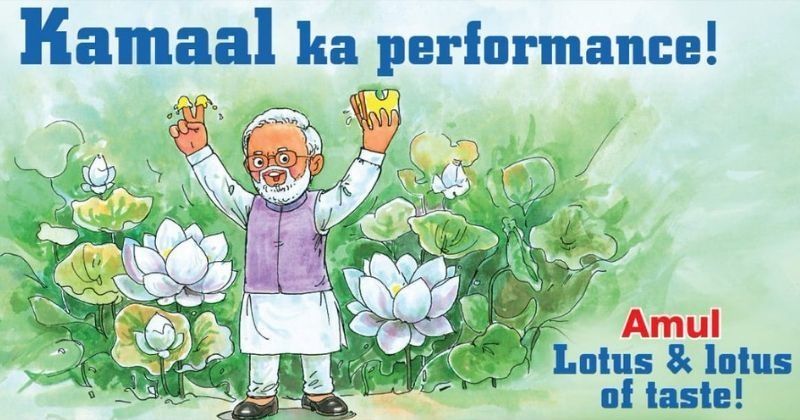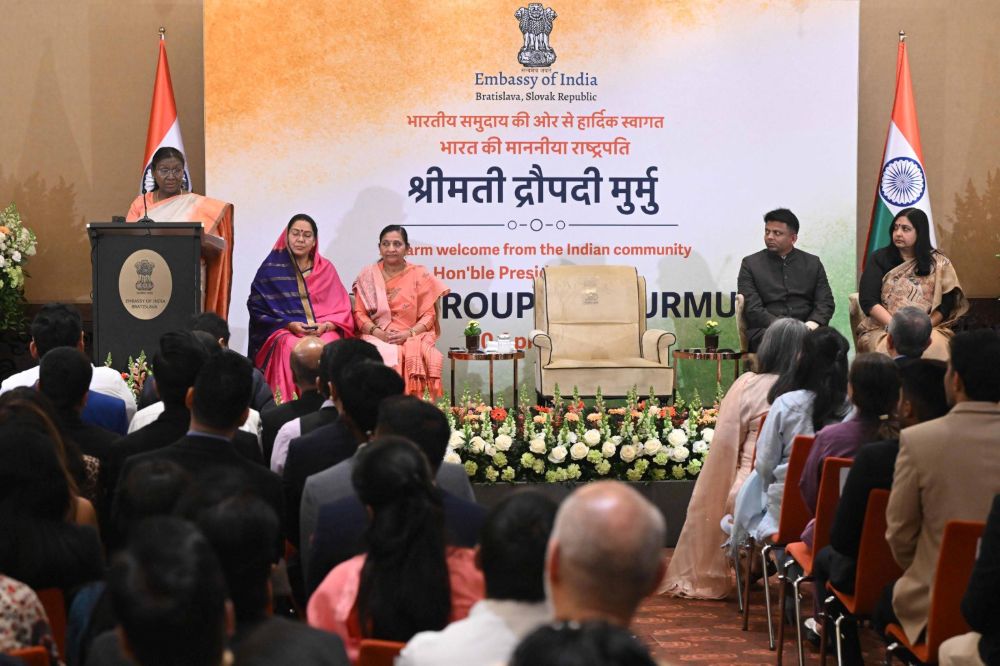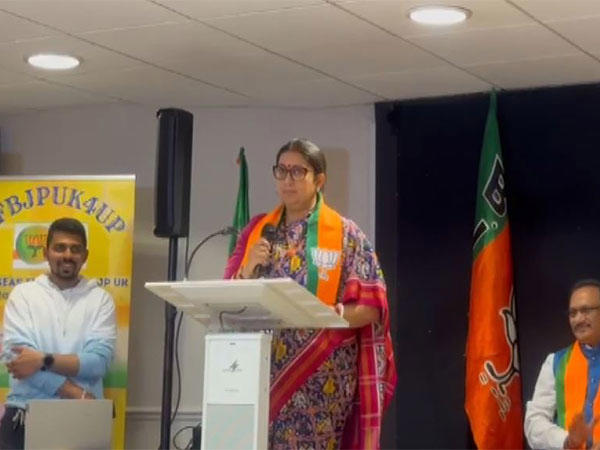Our Bureau
New York
The rich variety in food from each region was in display for the world leaders on a two-day visit to New Delhi on account of the G20 Summit. Last evening saw a diverse culinary experience at the dinner hosted by President Droupadi Murmu.The menu for the dinner had an assortment of rare dishes and best delicacies from across the nation also famous for the variety in its region-wise cuisine.
Kashmiri Kahwa, Darjeeling Tea, Mumbai Pao and Jackfruit galette with glazed forest mushrooms were some of the delicacies served to the G20 leaders and delegates at the official dinner today.
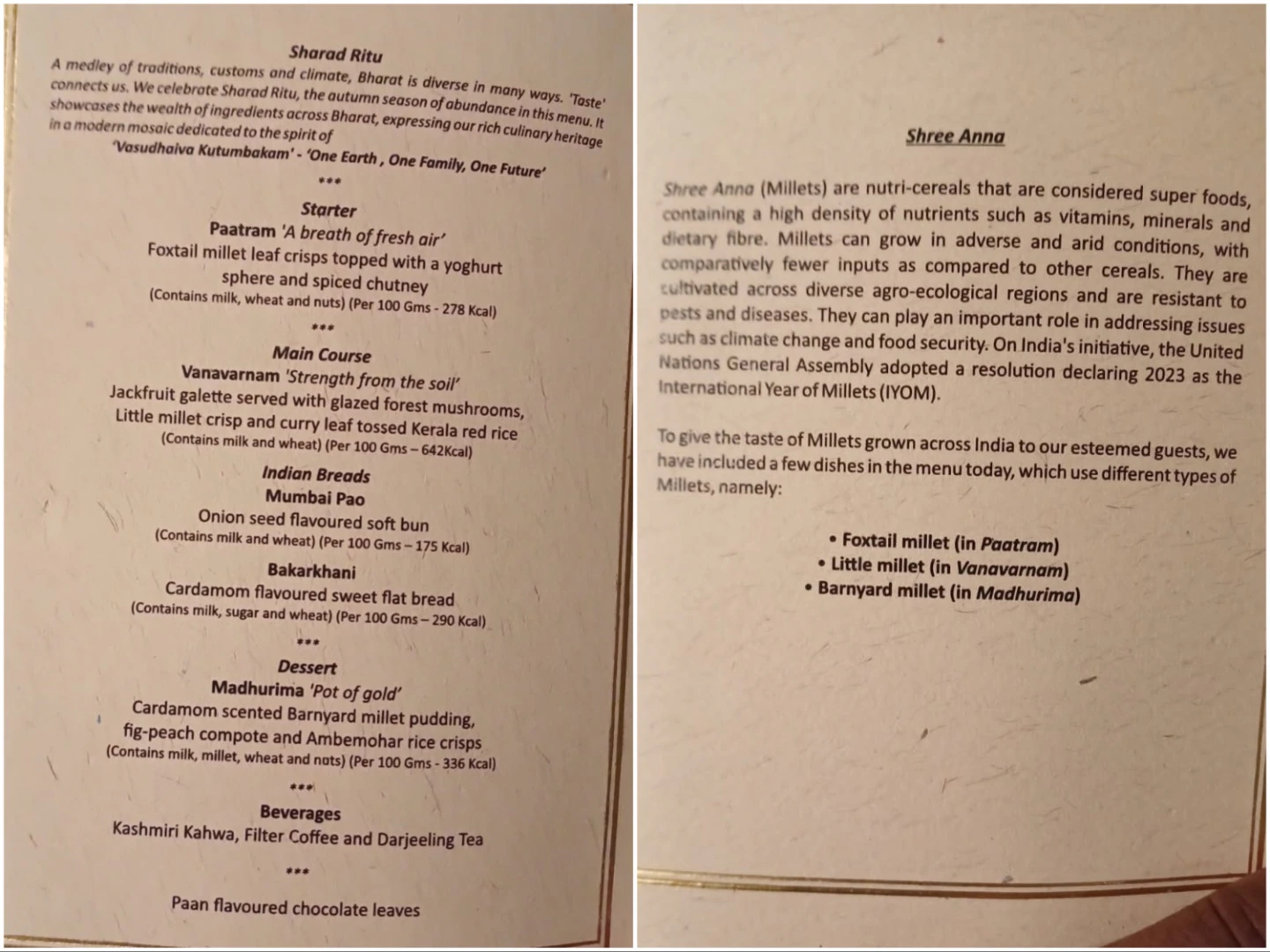
“A medley of traditions, customs and climate, Bharat is diverse in many ways. Taste connects us. We celebrate ‘Sharad Ritu’, the autumn season of abundance in this menu. It showcases the wealth of ingredients across Bharat, expressing our rich culinary heritage in a modern mosaic dedicated to the spirit of Vasudhaiva Kutumbakam’ – ‘One Earth, One Family, One Future’,” according to menu paper of the dinner.
The starter ‘Paatram’ comprised of foxtail millet leaf crisps topped with a yogurt sphere and spiced chutney (containing milk, wheat and nuts). It was followed by the main course ‘Vanavarnam’, a jackfruit galette served with glazed forest mushrooms, little millet crisp and curry leaf tossed Kerala red rice. Onion seed-flavoured ‘Mumbai Pao’ and a cardamom-flavoured sweet flat bread ‘Bakarkhani’ were the Indian breads served at the dinner. Meanwhile, reflecting a special emphasis on millets the desert section included a cardamom-scented barnyard millet pudding, fig-peach compote and ‘Ambemohar’ rice crisps containing milk, millet, wheat and nuts.
The menu was preceded by the idea behind the food which will be served and was titled ‘Shree Anna’. “Shree Anna (Millets) are nutri-cereals that are considered super foods containing a high density of nutrients such as vitamins, minerals, and dietary fibre. Millets can grow in adverse and arid conditions, with comparatively fewer inputs as compared to other cereals. They are cultivated across diverse agro-ecological regions and are resistant to pests and diseases,” stated a copy of the menu.
“They can play an important role in addressing issues such as climate change and food security. On India’s initiative, the United Nations General Assembly adopted a resolution declaring 2023 as the International Year of Millets (IYOM),” it added. “To give a taste of Millets grown across India to our esteemed guests, we have included a few dishes in the menu today, which use different types of Millets, namely: Foxtail millet (in Paatram), Little millet (in Vanavarnam), Barnyard millet (in Madhurima).”
















